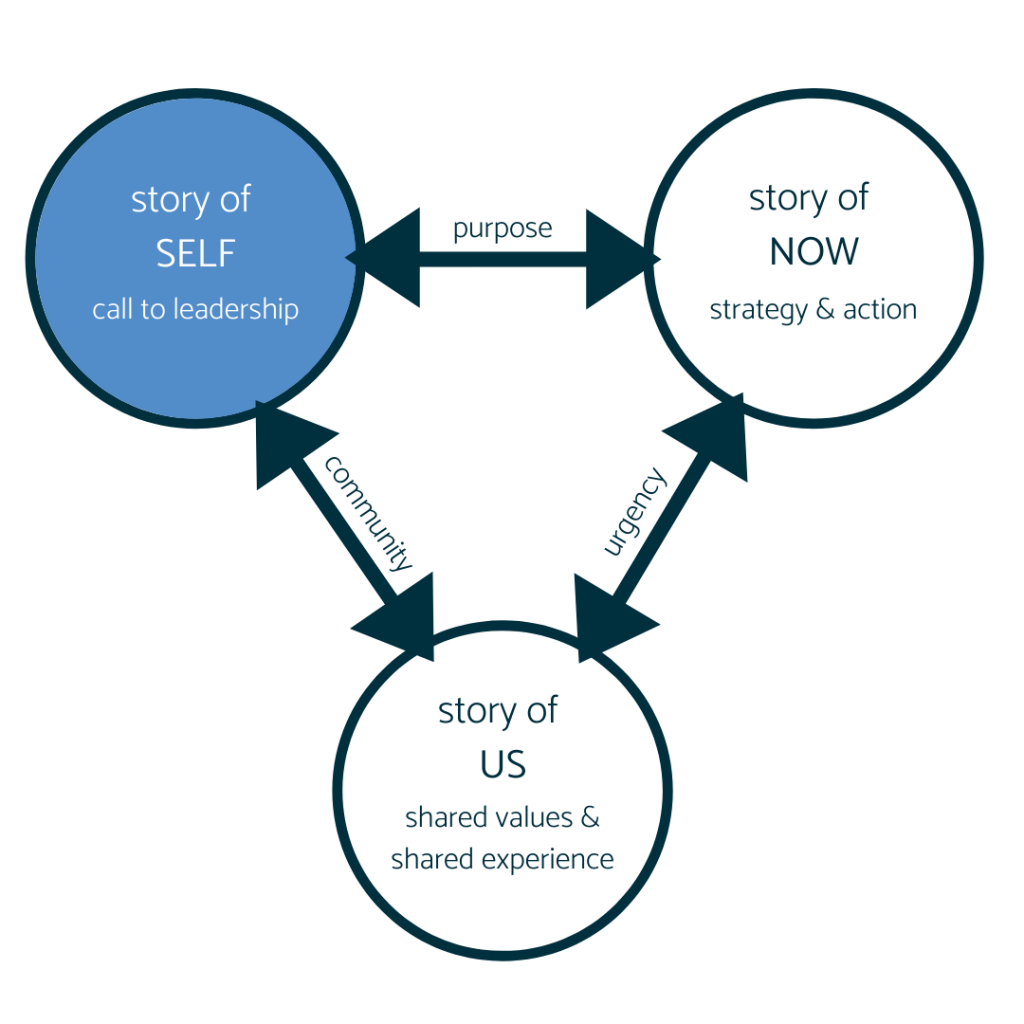Each Student to World online course includes both text-based and video-based curriculum options. Both versions have the same content, so individual students can choose the method that works best for them.
Everyday Brain Health
![A teenage girl with light brown skin wearing a pink and white shirt. She is standing in front of a desk, holding a notepad and pen while looking upward to the left. Behind her is a chalkboard with a Monday to Friday schedule noting tests and Skype sessions.]](https://gng.org/wp-content/uploads/2022/09/pexels-julia-m-cameron-4143801-2048x1367-1.jpeg)
How much have you thought about how your brain works?
Our brains are the control centers of our bodies. They control our moods, our movement, and our ability to do certain activities! However, do you know how your brain controls these functions?
Have you ever been anxious before a test or a sports game? Did you feel nauseous, sweaty, jittery, or cold before these events? If so, you are not alone! Many people – no matter where they are in the world – experience these same symptoms when they feel anxious. Anxiety is one of many feelings that are controlled by chemistry in your brain.
Chemicals in the Brain
Our brains produce chemicals, which each regulate different functions in our bodies, like mood, growth, and stress.
Some chemicals in our brains include dopamine, which is involved in mood and movement. Serotonin is another chemical in our brains, and it is mainly involved in mood, specifically happiness.
![A teenage girl with olive skin, wearing a gray hijab with a happy birthday headpiece and balloons in front of her.]](https://gng.org/wp-content/uploads/2022/09/pexels-mostafa-sannad-1508348-1024x683-1.jpg)
Another chemical that many people associate with happiness is oxytocin, which your brain releases during physical connection. For example, when you pet your dog or hug your grandparents, that warm, fuzzy feeling comes from oxytocin.
Check out the video below for more information about the chemicals in your brain that make you happy!
While your brain releases chemicals during relaxing situations, it also releases chemicals when you feel stressed.
About This Course
This course was created by our unique, youth-led global internship program. Visit the course page to view learning objectives, standards alignments, content formats, and more.
Watch a Video of Module 1 Part 1
As part of Global Nomads Group’s commitment to accessibility, all Student to World video courses include American Sign Language interpretation and Closed Captioning in English and Arabic.
Key Vocabulary
Affect. v. To influence or change something.
Process. n. A series of actions or steps taken in order to achieve a particular goal.
Symptom. n. Any feeling of illness or physical or mental change that is caused by a disease.
Register
Teachers, Educators, & Leaders
Create an account and invite students or youth participants.
Students
If your teacher or group facilitator gave you a code.
Independent Learners
Take a course on your own.
Already have an account?
Lily, Youth from the United States
“Honestly since the start of the pandemic my life has been very stressful. I’ve been a lot more anxious and not as motivated as usual. I try to take care of myself by reading, exercising, and eating healthier. But, like anyone I don’t do that all the time and get in my head. Knowing that the reason I feel stress is simply chemicals helps me understand that it is a logical biological thing that I can counter with better habits. The main thing I need to do to manage my stress better is get more sleep. Everyone talks about how important sleep is – and I believe it. When I’m tired I have little motivation which sets me in a cycle of not getting enough sleep because I didn’t do everything I needed to. But, I hope to get better at managing my stress in the future.”
Lily, Youth from the United States
“Honestly since the start of the pandemic my life has been very stressful. I’ve been a lot more anxious and not as motivated as usual. I try to take care of myself by reading, exercising, and eating healthier. But, like anyone I don’t do that all the time and get in my head. Knowing that the reason I feel stress is simply chemicals helps me understand that it is a logical biological thing that I can counter with better habits. The main thing I need to do to manage my stress better is get more sleep. Everyone talks about how important sleep is – and I believe it. When I’m tired I have little motivation which sets me in a cycle of not getting enough sleep because I didn’t do everything I needed to. But, I hope to get better at managing my stress in the future.”
The two most notable chemicals released during stressful situations are cortisol and adrenaline. Both cortisol and adrenaline have many physical effects, including increased heart rate, expanded lung capacity, sweat, headaches, and nausea.
![A group of youth sit on light blue plastic chairs in a circle. A Black male wearing a light button-down, collared shirt over a black t-shirt and black pants faces the camera. He has his right hand on his heart as he looks at the face of a white female with long brown hair in a green shirt and black pants. The other three youth are female and look at the male as he speaks.]](https://gng.org/wp-content/uploads/2022/09/Untitled-design-9-1024x576-1.jpg)
You have probably experienced this sometime in your life, whether you were nervous about giving a presentation at school or while watching a scary movie.
How does brain chemistry affect mental health?
While everyone’s brains produce these chemicals, the chemical makeup of each person’s brain differs. Not all people experience the same levels of stress, for example, specific stressful situations may be easier for some people to navigate than they are for others. Plus, while mental health is important for everyone, everywhere, it is not always attended to in the same ways.
Our stories about our mental health matter.
Even though you may or may not currently have a diagnosed mental health condition, it is important to make sure you are taking care of your mental health because it affects your ability to do various activities, like schoolwork, sports, or other activities you enjoy.
Mental health also has an impact on how you interact with your friends and family. Finally, your mental health can have a significant impact on your mindset about life, and it is important to take care of it every day.
There are many ways you can take care of your mental health, but some examples include getting a healthy amount of sleep each night, exercising, and doing activities that you find relaxing.




The more we share our stories and strategies for caring for our mental health as well as lowering the stigma of mental health conditions, the better off we all are! Lecturer and community organizer Marshall Ganz has a framework we can use to start this process together as global peers. We begin with our own stories as Public Narratives. Sharing our stories publicly is a first step toward collective action. In telling our stories, we become leaders who motivate others to join us in creating positive change. We start with our own stories, the stories of self.

Sharing our stories helps give us purpose, builds our community, and empowers us to make a difference!
You’re ready to explore…
Now that you understand the ways that mental health impacts the chemicals in your brain, you’re ready to explore perspectives about mental health from around the world. Imagine you’re traveling to other countries to hear what other young people do to take care of their mental health in times of stress. Their stories and more are waiting for you on the next page.
To explore stories and resources, register for this course!
Register
Teachers, Educators, & Leaders
Create an account and invite students or youth participants.
Students
If your teacher or group facilitator gave you a code.
Independent Learners
Take a course on your own.
Already have an account?
About This Course
This course was created by our unique, youth-led global internship program. Visit the course page to view learning objectives, standards alignments, content formats, and more.
Watch a Video of Module 1 Part 1
As part of Global Nomads Group’s commitment to accessibility, all Student to World video courses include American Sign Language interpretation and Closed Captioning in English and Arabic.
Key Vocabulary
Affect. v. To influence or change something.
Process. n. A series of actions or steps taken in order to achieve a particular goal.
Symptom. n. Any feeling of illness or physical or mental change that is caused by a disease.
Register
Teachers, Educators, & Leaders
Create an account and invite students or youth participants.
Students
If your teacher or group facilitator gave you a code.
Independent Learners
Take a course on your own.

